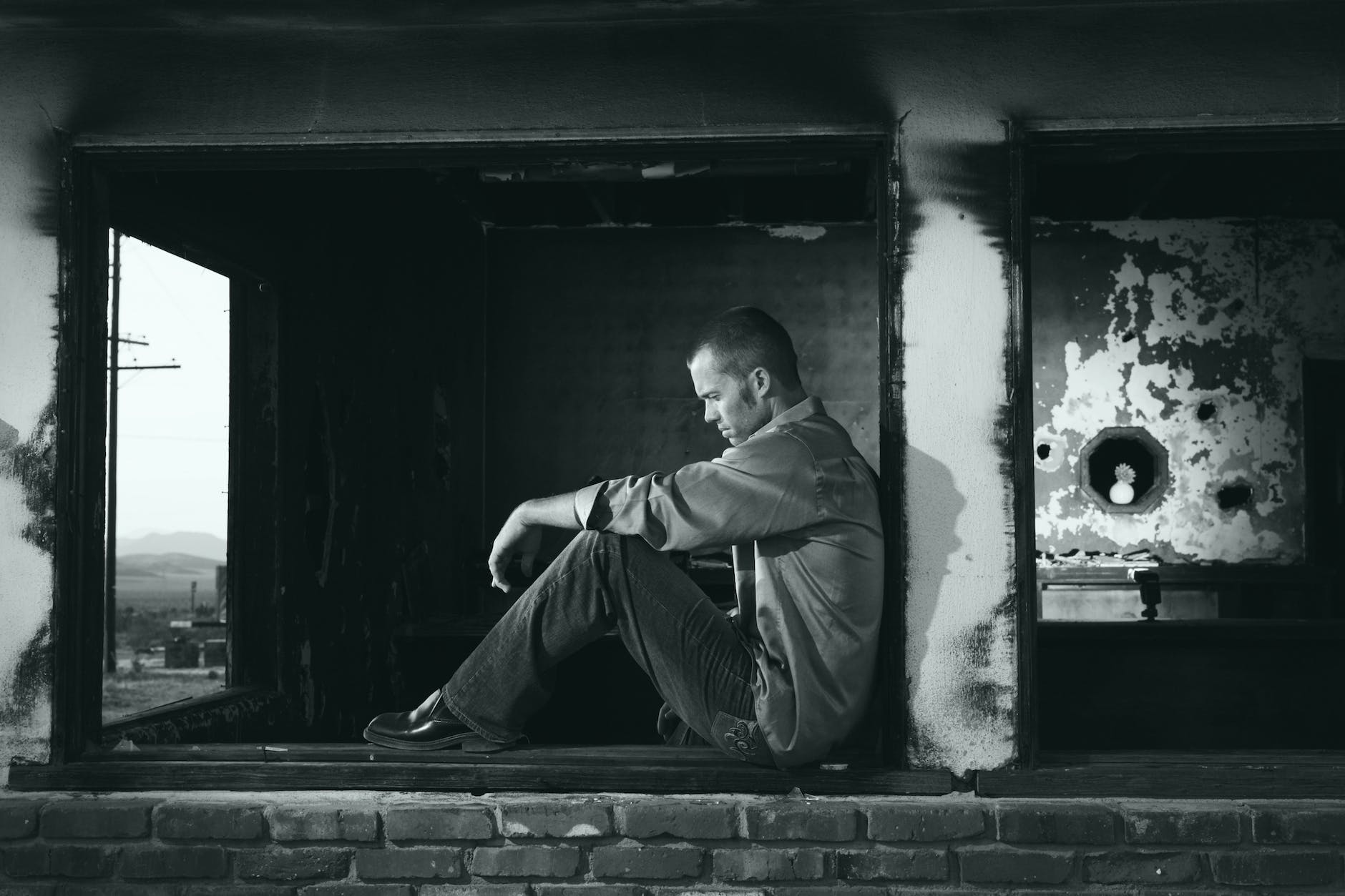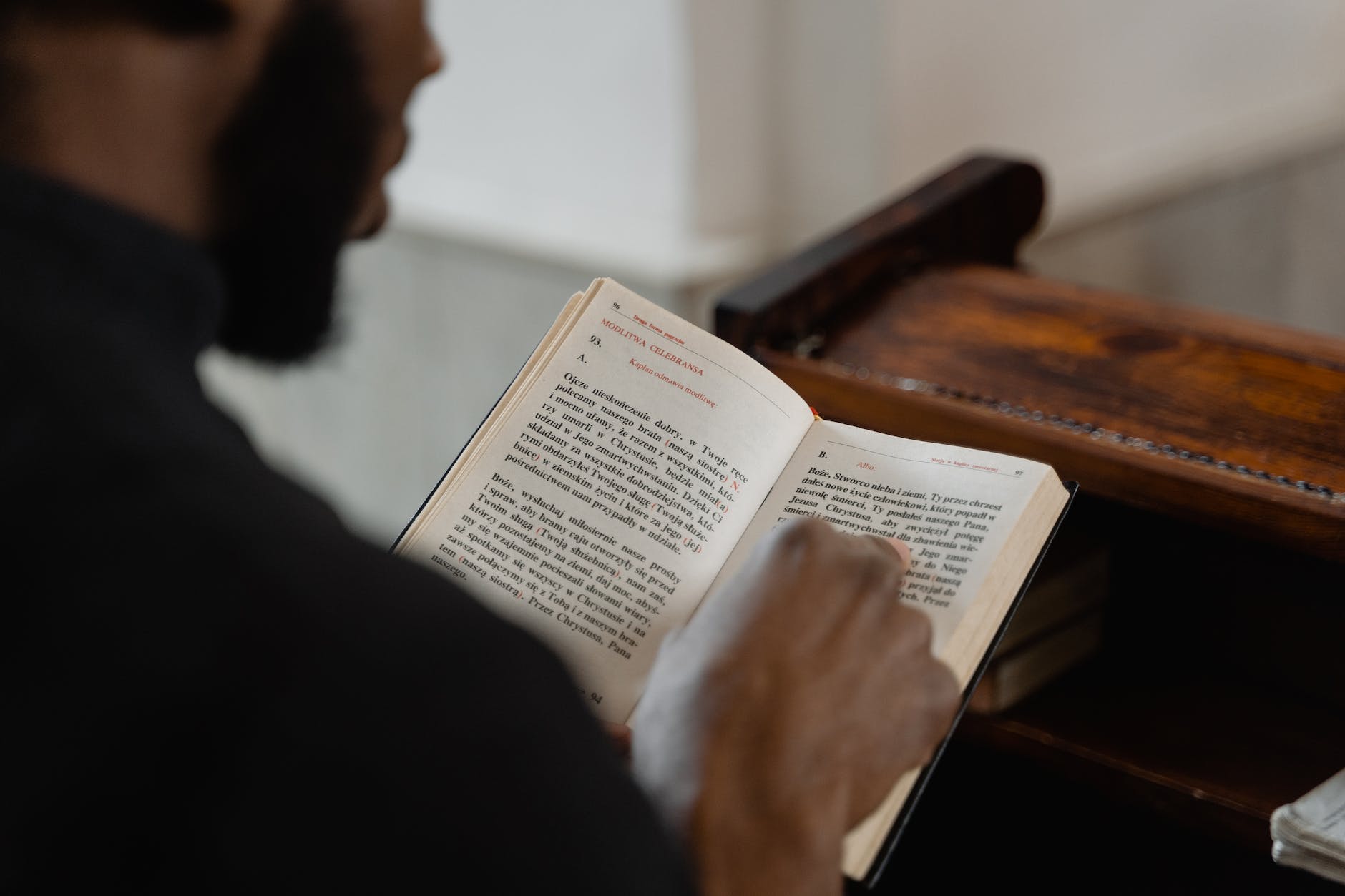A Journey of Faith, Transformation, and Recovery with James as Your Guide.
Bible-Based Support Groups
Looking back at previous articles, I mentioned Acts 2:45-47 and James 2:15-18 as contextual texts for recovery. These passages make many serious points for recovery, but a key focus seen in both is the importance of a support system of like-minded individuals who support each other in both spiritual and physical as well as practical ways. These support systems also enjoy each other enough to eat together regularly and joyfully. Why don’t we take a second to revisit the passage from Acts:
45 and they would sell their property and possessions and share them with all, to the extent that anyone had need. 46 Day by day continuing with one mind in the temple, and breaking bread from house to house, they were taking their [b]meals together with gladness and sincerity of heart, 47 praising God and having favor with all the people. And the Lord was adding to [d]their number day by day those who were being saved.
This is another crucial factor in recovery, but according to the Book of James, there is a desperate need to have healthy relationships for a person on any Judeo-Christian spiritual journey.
14 Is anyone among you sick? Then he must call for the elders of the church and they are to pray over him, anointing him with oil in the name of the Lord; 15 and the prayer of faith will restore the one who is sick, and the Lord will raise him up, and if he has committed sins, they will be forgiven him. 16 Therefore, confess your sins to one another, and pray for one another so that you may be healed. A prayer of a righteous person, when it is brought about, can accomplish much.
When reading this passage, it is essential to remember that the Book of James (and specifically this passage) was the first New Testament book written almost immediately after Jesus was Crucified. There were no church buildings with giant crosses as we have now and no established congregations that came to the building every Sunday and filled the pews, etc. The church that went to the Jewish temple and met at individual homes had a very different idea of who was a congregation, who was a part of the “church,” and as such, who was an “elder” in the church that had only existed at this point for seven to fifteen years.
The regular meeting with the group they called the “church” was not just a meeting to hear about “God things” and go. This was a profoundly interconnected group of people experiencing physical and spiritual power and healing. Getting Prayer and confessing shortcomings is vital to these physical and spiritual healings. In the context of the rest of the Book of James, this connectedness is crucial to the change the person needs daily. The rest of the Book outlines the details of a faith journey and includes courageous levels of perseverance through personal struggle. Still, in all aspects of this faith journey, the group is a source for supporting and strengthening that journey.

The Recovery Journey Requires Intentionally Connecting With Others (The Cross Relationships)
The way this was explained to me uses the illustration of the shape of a cross. In every person’s life, they must look at the support system needed to survive and construct their personal support system as a cross. The top of the cross represents the people who are further along than you in the journey (i.e., the “elders” mentioned above). These can help guide you and strengthen you with wisdom and prayer from experience and understanding from already having done what you are trying to do and having been where you are trying to go.
The sides of the cross represent people who are at about the same place as you on the journey. Those people are now experiencing what you are experiencing and what you are going through now and can understand how you feel and your struggle.
Then the bottom of the cross represents the people behind you on the journey. Here you have been where they are going and have overcome those struggles. Your experience can help direct and guide them to where you are and be a living beacon of hope that today’s fight can be beaten.
The mind-blowing reality is that one person’s elder is another person’s new person that has only been there so long and is still someone else equal. That is the flow of this journey as a group.
Having the background in mind of Alcoholics Anonymous starting from a group that predominantly studied the Book of James, it is easy to see how these concepts have evolved into the ideas in the current culture of Twelve Step programs. No matter what form or level of spiritual discussion or thought is involved, these root concepts have remained in the DNA.
I am not saying every group in recovery has to go to Jerusalem to visit the old Jewish Temple (where it used to be) and then have dinner at their house with every person nearby who is talking about recovery. But I am talking about the importance of community.

The Book of James and How to Treat Others
Much of the rest of the Book of James describes how a person on this Biblical faith journey should behave towards and around others as an expression of this faith. Ideas such as:
- being “quick to hear, slow to speak, and slow to get angry in James 1:19
- not showing favorites James 2:2-9
- the providing needs instead of just offering thoughts and prayers to people in need from James 2:14-20
- to control what you say in James 3:2-12
- not having jealousy, selfish ambition, arrogance, or lying as a part of who you are (which are the opposition to peace) in James 3:14-18
- how selfish motives are the cause of fights and quarrels in groups and throughout the world James 4:1-3
- not speaking against one another in James 4:11
- knowing the right thing to do and not doing it is terrible. James 4:17,
- the wealthy of the world hoarding money and resources deceitfully and unfairly is really bad in James 5:1-6
- having patience in James 5:7-11
- praying for one another and confessing to one another in James 5:13-18
- having an environment and mindset of helping a person who strays from the truth find their way back in James 5:19-20 (NOTE: nowhere here does it say anything about being rude, judgmental, or pushy as a necessary part of helping this person find their way back and as a matter of fact in the context of the rest of the book it should seem logical that occurrences like that would be infrequent).
As defined in James or our circle of support, this “church” is much closer and more involved with each other’s lives and considerably more invested in each other’s wellbeing than most in a modern context know the church to be. Particularly in the joyfully eating at each other’s houses, from house to house, and having everything in common as outlined in Acts. It may not be precisely that, but somewhere in your spiritual journey, we each are going to need that level of spiritual community with folks further along in the journey, at the same part of the journey, and that I and others like me can help bring up from behind in the journey.

The Reality of Support Groups
Support groups of various kinds may be challenging, but they are an excellent start.
As a disclaimer, I am not saying or implying that if you have a solid support group, all will be suddenly perfect. If you have a clinically diagnosed psychological disorder that needs medication and treatment, this would be alongside that and not instead of that. If you have a broken arm and need surgery and pins to put it back together, you still need to go to the doctor for the surgery, and the support group can provide support alongside all that. If you have court cases and may do prison time, you will still need a lawyer and go to court because the group cannot do that for you but can still support you through it and may even help provide the resources you need. If you need other recovery resources such as a detox facility, a recovery program, professional counseling, education, etc., the group does not suddenly mean you don’t need any of that; it will, however, support you alongside all of that and may help navigate and experience all of that better.
One other note: If you cannot find anything like this, build it yourself!




One response to “The Transformative Power of Faith-Based Recovery Using the Biblical Book of James… (part 5)”
[…] ◀️ Part 5 – Transformative Power 🔗 […]